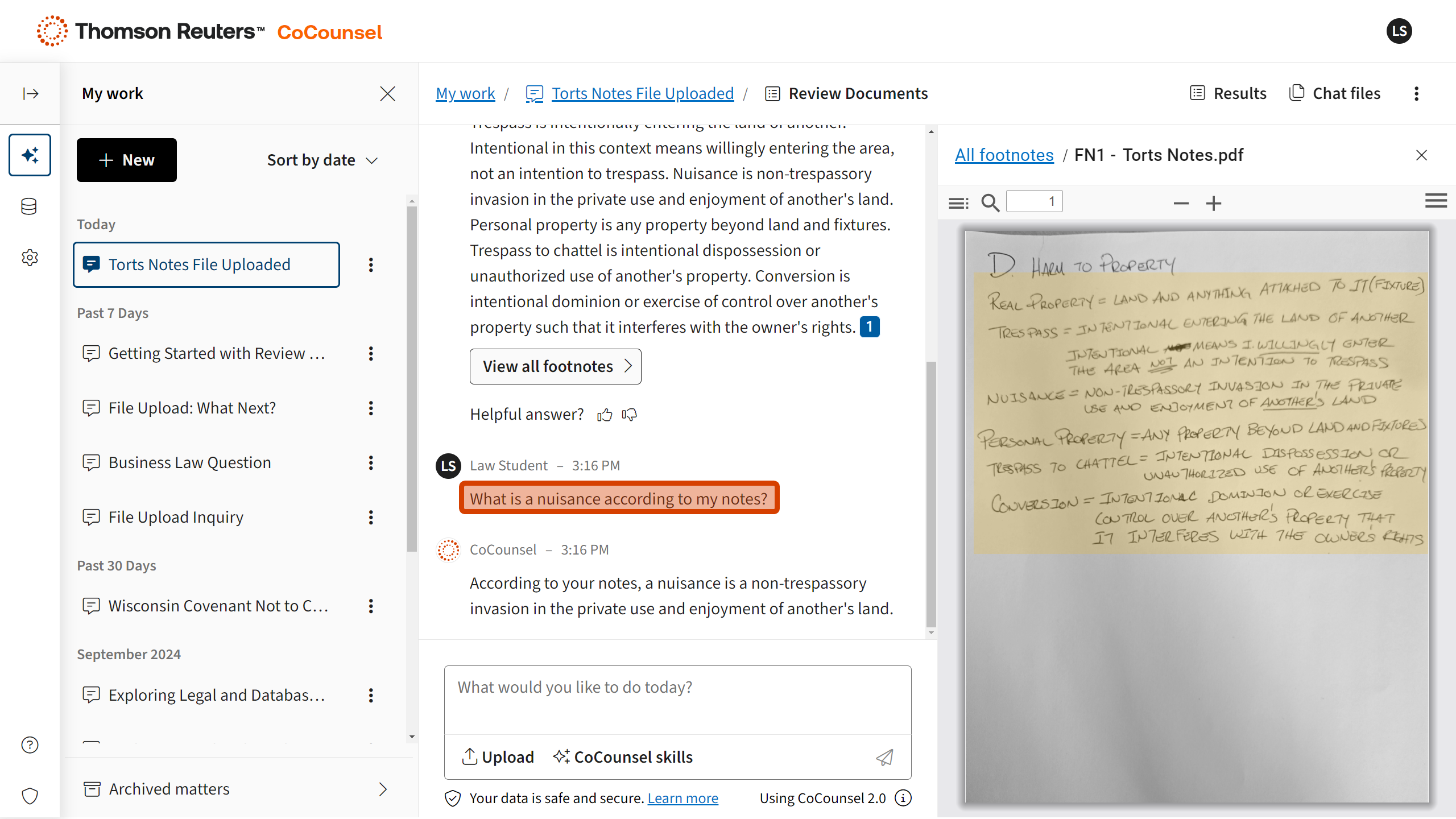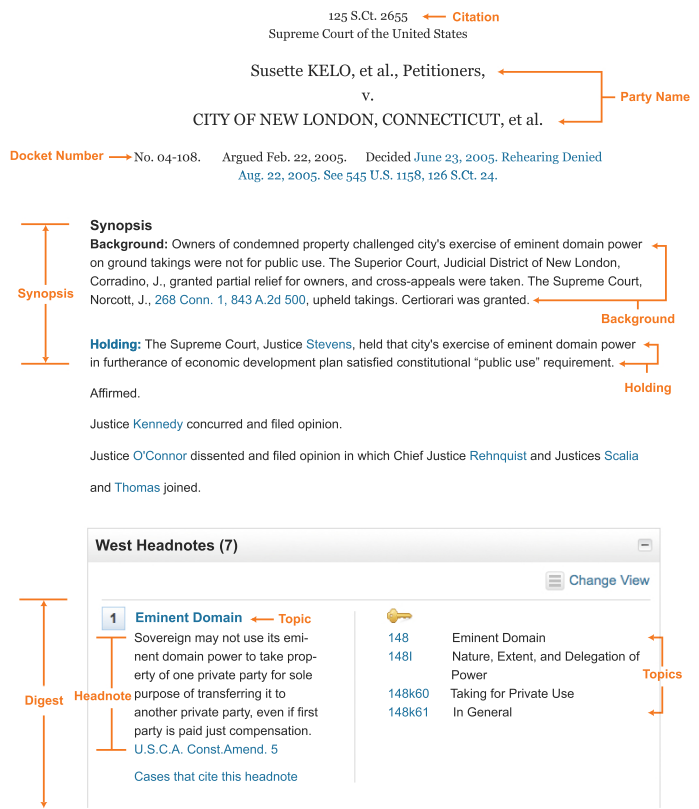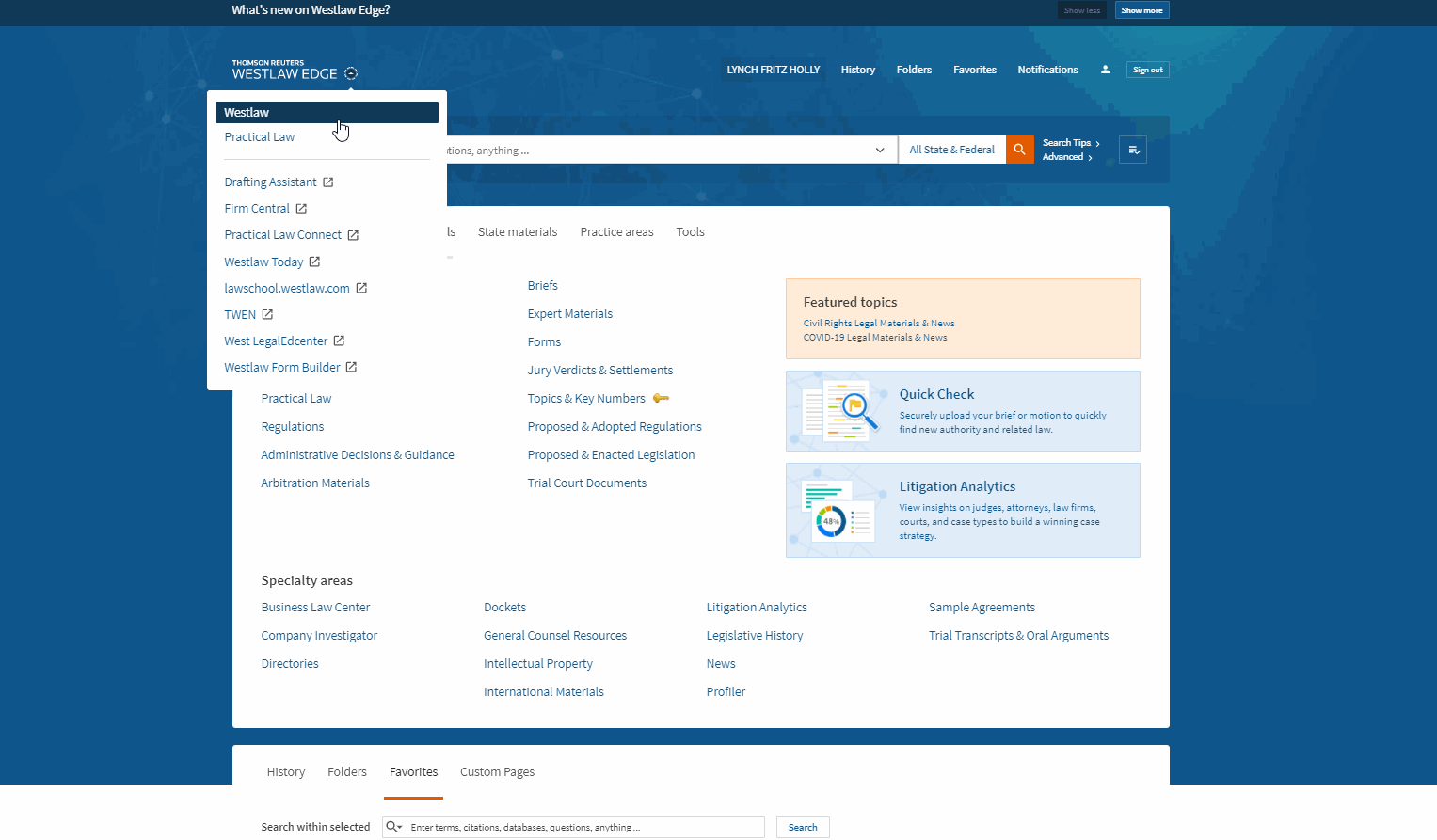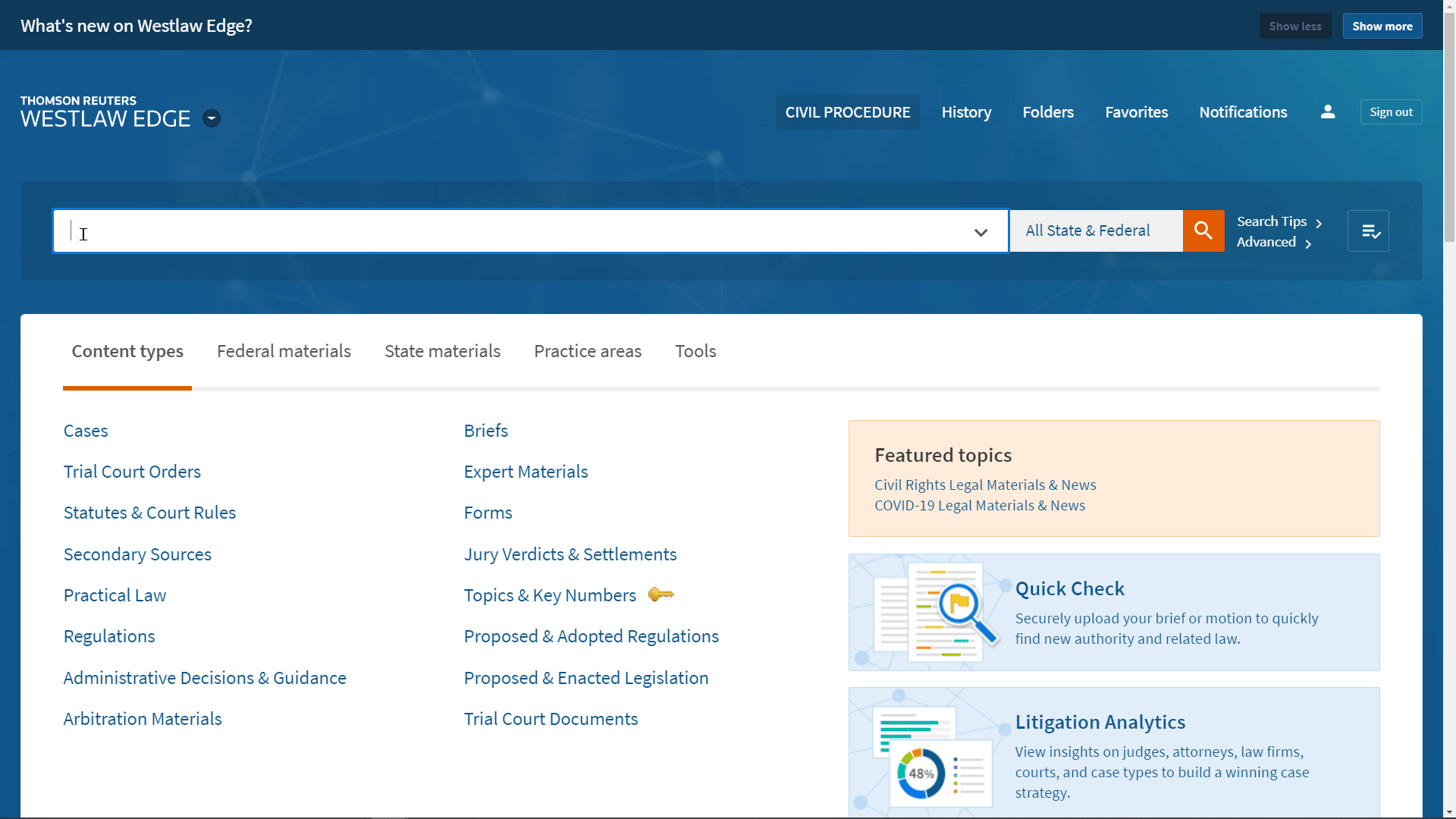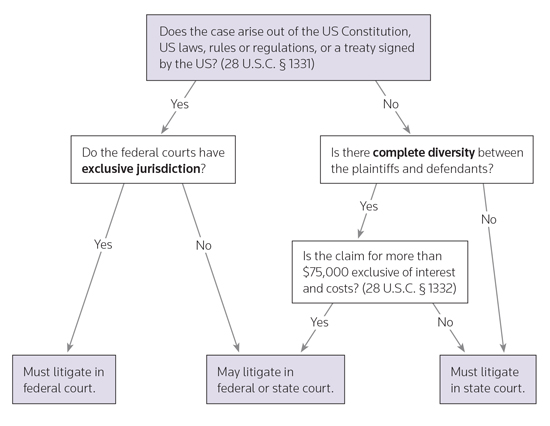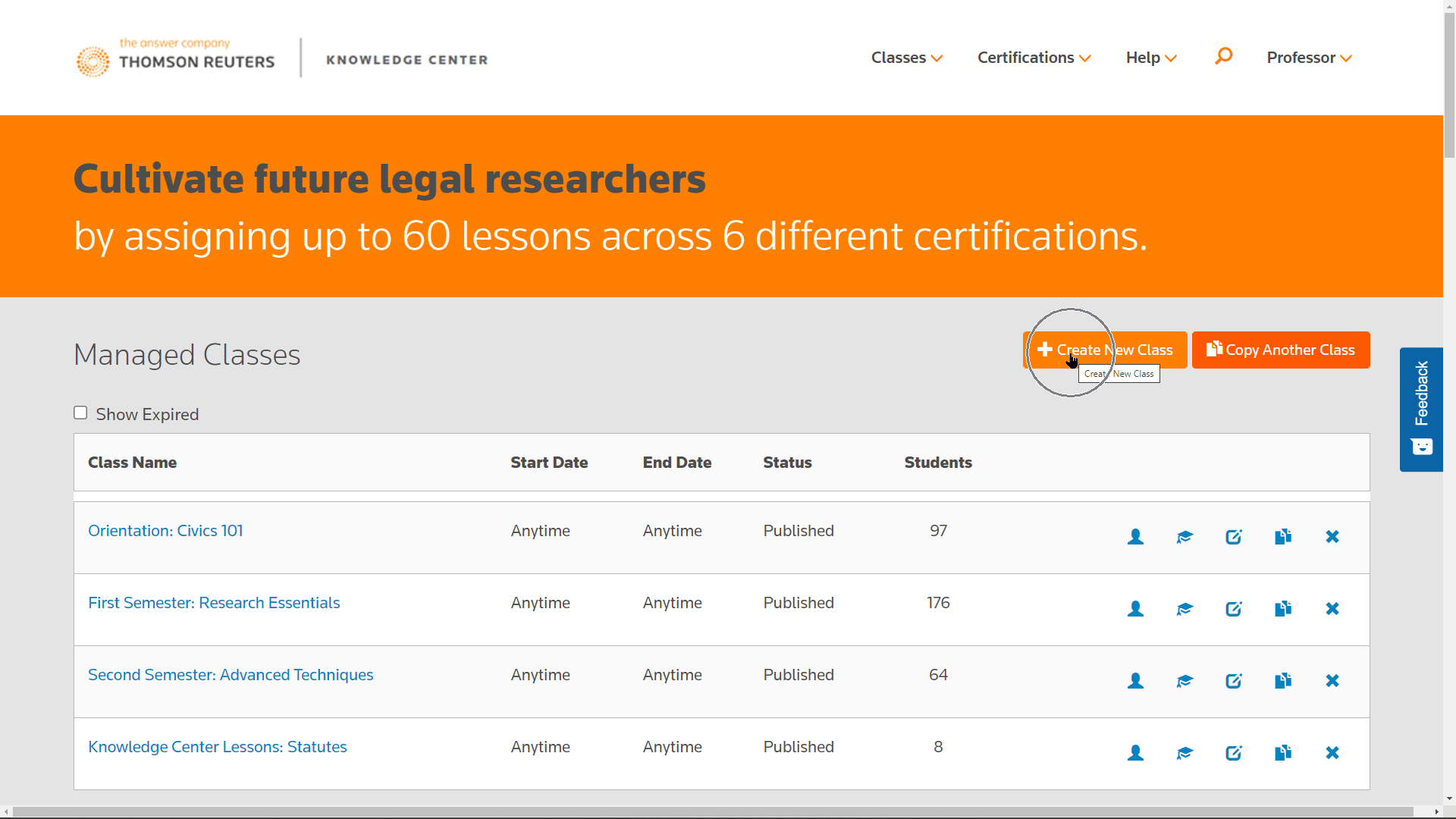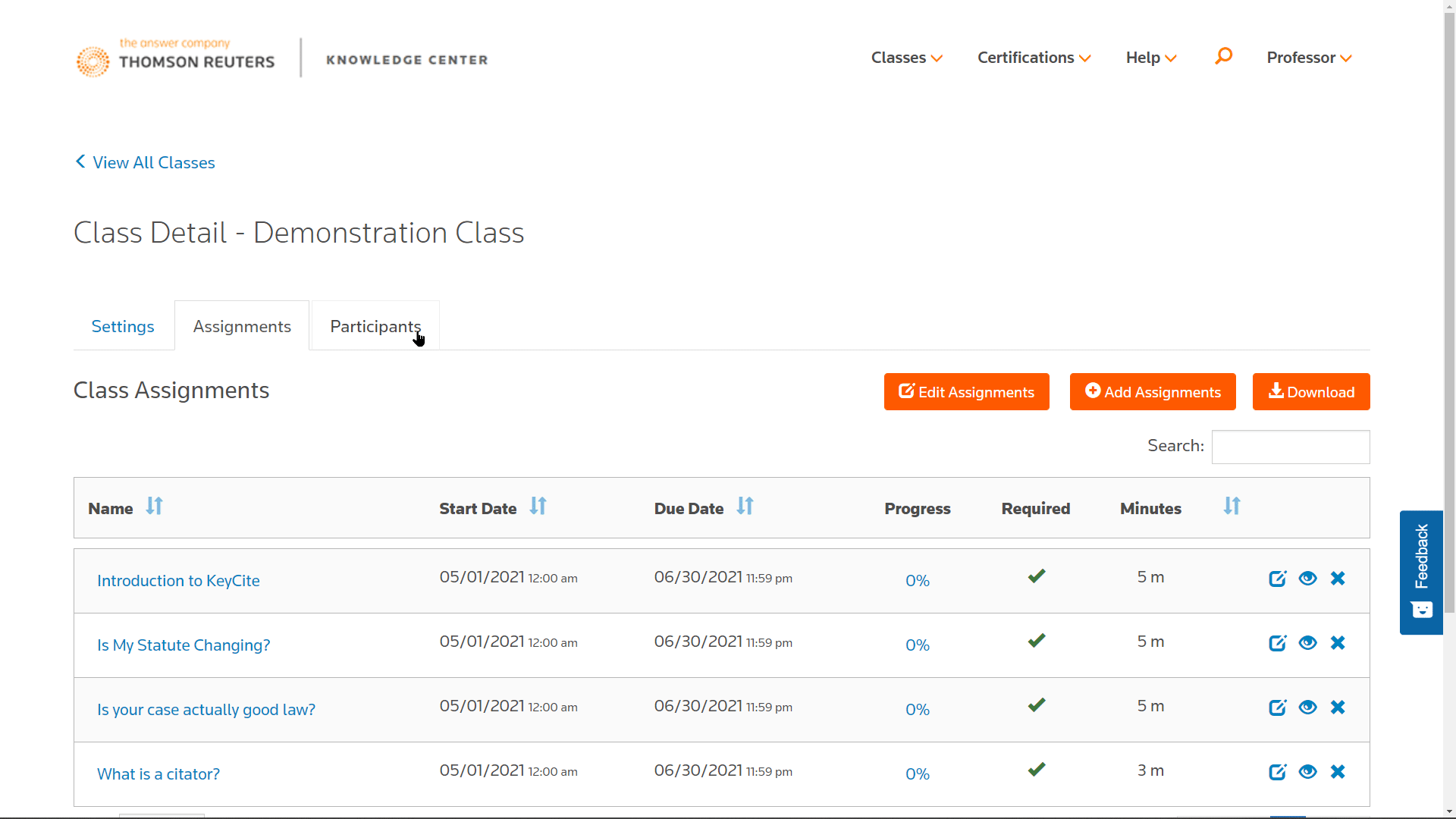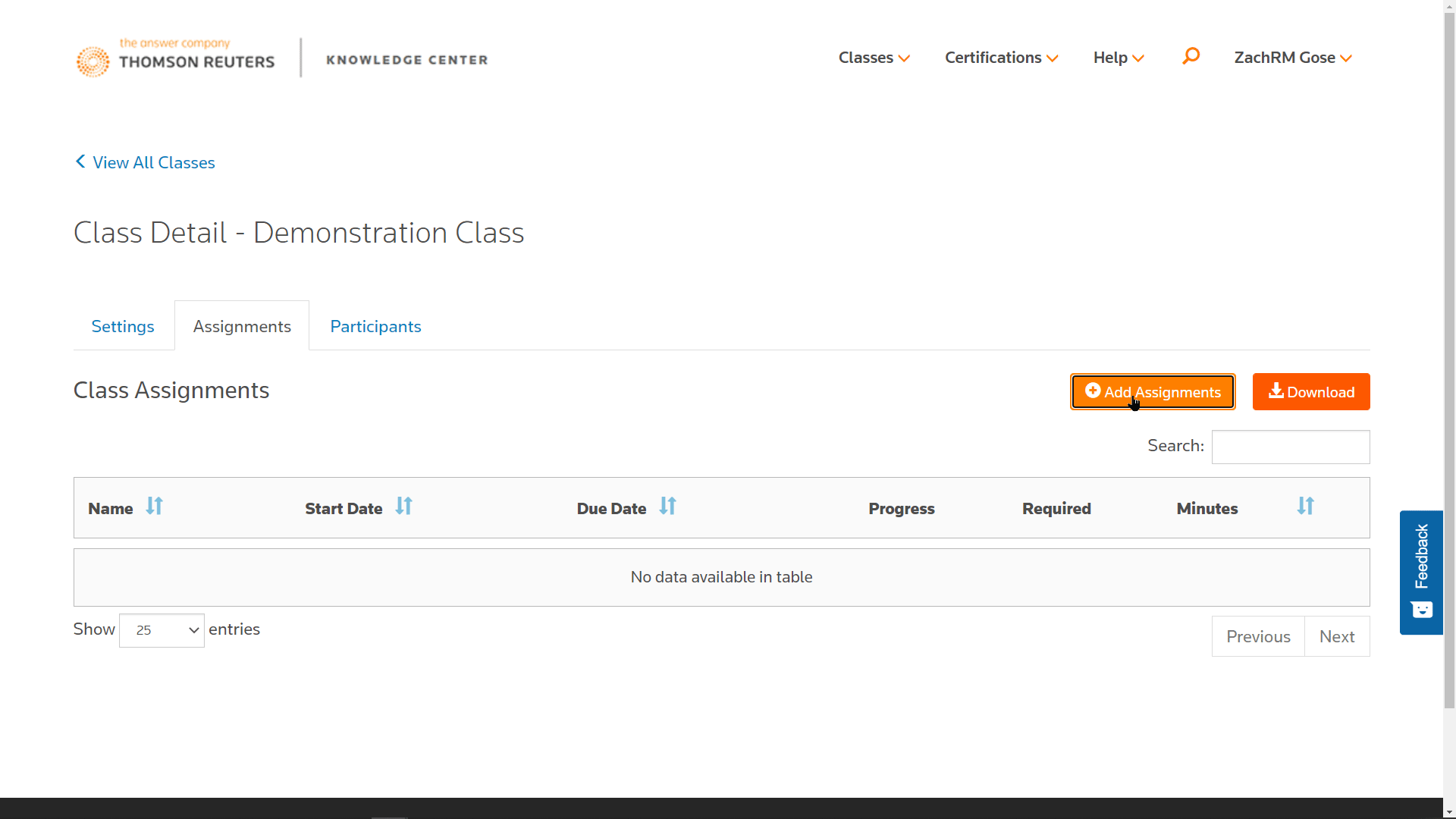Upload your legal document into Quick Check on the Westlaw Edge home page.

Before You Start
Your Appellate brief assignment:
Know the relevant case law.
Drag and drop the legal document from your assignment into Quick Check on the Westlaw Edge home page.
Determine which standard of review applies.
Find an Appellate decision in your jurisdiction that addresses the same legal issues as yours. Know the standard of review before you start writing.
Here are some tips for effectively defining and using standards of review in appellate practice.
There can be strength in structure.
Focus on your priorities while addressing counter-arguments as needed. Begin by highlighting the best parts of your brief. Conclude with a clearly defined ask of the judges.
No really, actually outline your argument.
No need to go crazy, just ensure your points and sub-points are easy to follow. Start by addressing and understanding your issue, state the applicable rule, and identify the cases that support your application of the rule to the issue.
Here's a sample Federal Circuit Appellant's Brief
Federal Circuit Appellant's Brief Checklist
How to persuade judges—Good writing is persuasive writing
Additionally, here is some guidance on how to approach specific sections of your brief:
Keep sight of the purpose of an Appellate brief.
- Present your application of the law to the facts.
- Demonstrate why your application is best.
Some sage advice from the Honorable Ruggero J. Aldisert of the United States Court of Appeals for the Third Circuit. The brief—It is called a brief—Be concise
elearning
The eLearning module in the Knowledge Center will teach you how to use Quick Check.





